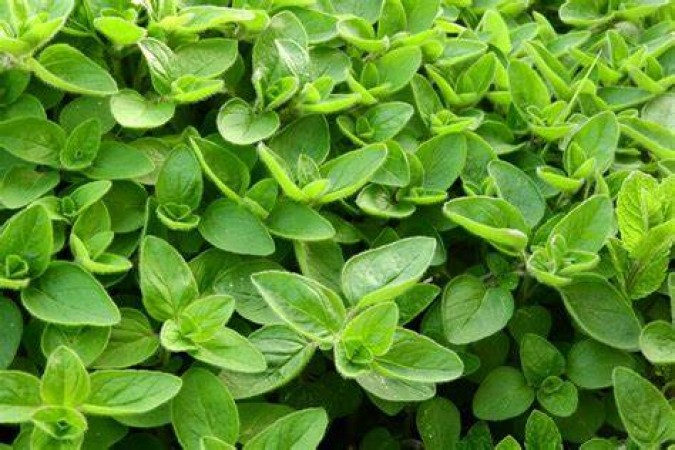
Marjoram, a fragrant herb commonly used in culinary practices, is celebrated for its aromatic and flavorful qualities. However, like many things, it has its drawbacks that are worth considering. In this article, we'll delve into what experts have to say about the potential downsides of using marjoram.
Excessive consumption of marjoram can lead to allergic reactions in certain individuals. Experts caution that individuals with known allergies to other plants in the Lamiaceae family (such as mint, basil, or oregano) may also be allergic to marjoram.
It's essential to be cautious when using marjoram, especially if you're on medications. Marjoram can potentially interact with certain drugs, affecting their efficacy. Consulting a healthcare professional before use is advisable.
Experts suggest that pregnant and breastfeeding women should exercise caution when using marjoram. There's limited research on its safety during these periods, so it's better to err on the side of caution and avoid its use.
For individuals with diabetes or those managing blood sugar levels, marjoram should be used with care. Some studies suggest that marjoram may lower blood sugar levels, which could interfere with diabetes management.
In some cases, excessive consumption of marjoram can cause mild digestive issues like upset stomach, diarrhea, or nausea. It's important to moderate consumption and be attentive to your body's response.
Direct contact with marjoram oil or concentrated forms can cause skin irritation or allergic reactions in sensitive individuals. It's advisable to do a patch test before using marjoram oil topically.
Marjoram may have a mild impact on blood pressure. People with existing blood pressure conditions should monitor their levels closely if using marjoram in significant quantities.
Experts emphasize that marjoram is not safe for pets, particularly cats and dogs. It can lead to digestive issues and other adverse reactions.
When using marjoram in food preparation, there's a potential risk of cross-contamination if it comes into contact with other allergens, especially if the same utensils or surfaces are used.
The extensive cultivation of marjoram can have ecological consequences, including soil degradation and water usage. Sustainable farming practices should be encouraged.
In conclusion, while marjoram is undoubtedly a flavorful and aromatic herb, it's crucial to be aware of its potential drawbacks. Responsible and moderate usage, along with professional guidance, can help mitigate these concerns.
A Man's Unique Journey: Marrying Seven Brides in One Grand Day
How to Share Internet Data with Another Mobile: A Comprehensive Guide